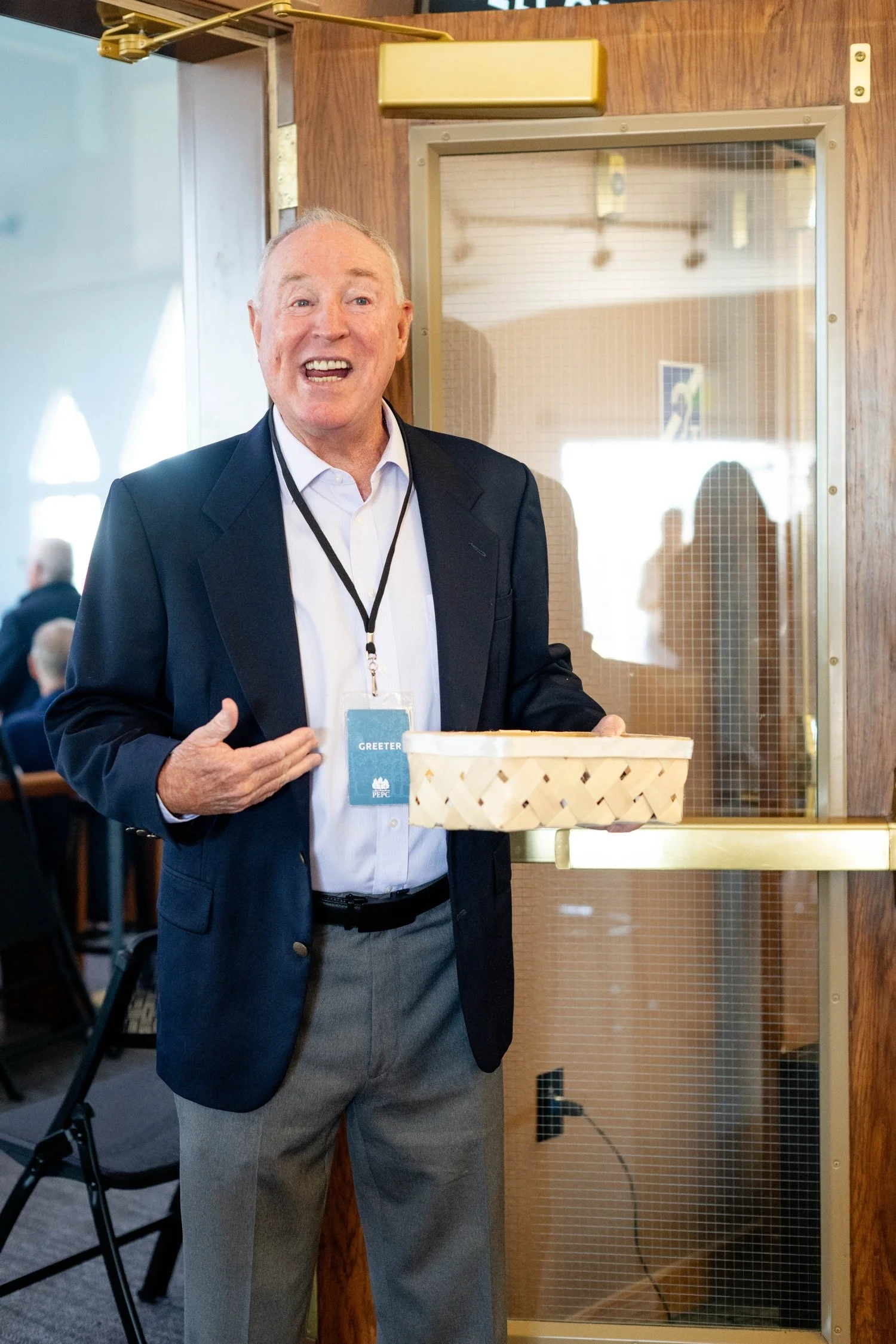Readings for today: Ezekiel 27-28, Hebrews 11:17-31, Psalms 111, Proverbs 27:15-16
One of the besetting sins of humanity is our pride. Like Adam, we truly want to become our own gods. Human history is replete with example after example of what happens when a person or tribe or nation achieves a certain measure of power, wealth, and privilege. They become proud. Arrogant. They forget God. They ignore God. They replace God. The most megalomaniacal even believe they’ve become God. Pharaoh is simply one of the many examples we could cite just from the Bible much less other ancient/modern sources.
Interestingly enough, those who would be gods almost always fall into the same pattern. They almost always make the same mistake. In an effort to prove their “godliness”, they build monuments to themselves. Monuments to their own glory. Monuments that stretch as high as possible, reaching up towards the heavens. Think of the Tower of Babel. Think of the obelisks and images and pyramids of Pharaoh. Think of the temples and palaces and structures archaeologists have discovered all over the world in almost every great culture. Now think of our own time. Think of our own country. Think of how those who would be god build monuments to themselves through social media. Marketing. Advertising. The goal is to have the #1 hit single. The #1 bestseller. The largest, multi-national corporation. The most political influence and clout. They use their resources to self-promote, all in an effort to make their own name great. Pastors and churches are not immune. The goal for many is to draw the largest crowds. Raise the most funds. Build the biggest buildings on sprawling campuses across the country.
Do we not realize the risk we are running here? We who would be great should take heed from the warnings God has given through the prophet Ezekiel especially to the kings of Tyre. "You were the signet of perfection, full of wisdom and perfect in beauty. You were in Eden, the garden of God; every precious stone was your covering, sardius, topaz, and diamond, beryl, onyx, and jasper, sapphire, emerald, and carbuncle; and crafted in gold were your settings and your engravings. On the day that you were created they were prepared. You were an anointed guardian cherub. I placed you; you were on the holy mountain of God; in the midst of the stones of fire you walked. You were blameless in your ways from the day you were created, till unrighteousness was found in you. In the abundance of your trade you were filled with violence in your midst, and you sinned; so I cast you as a profane thing from the mountain of God, and I destroyed you, O guardian cherub, from the midst of the stones of fire. Your heart was proud because of your beauty; you corrupted your wisdom for the sake of your splendor. I cast you to the ground; I exposed you before kings, to feast their eyes on you. By the multitude of your iniquities, in the unrighteousness of your trade you profaned your sanctuaries; so I brought fire out from your midst; it consumed you, and I turned you to ashes on the earth in the sight of all who saw you. All who know you among the peoples are appalled at you; you have come to a dreadful end and shall be no more forever." (Ezekiel 28:12-19) Whew. This pride thing is no joke!
A couple of years ago, during a time of prayer, the Lord spoke to me. You see, I am as ambitious as the next person. I am as prideful as any. My heart longs for success and recognition. I too would love to see my name in lights. So the Lord confronted me. And He gave me three words to guide the rest of my life.
Obscurity: God has commanded me to labor in obscurity. To be content with where He has me. To never seek another position. Never seek another raise. Never seek another opportunity. To simply walk with open hands before Him.
Anonymity: God has commanded me to embrace anonymity. To never self-promote. Never seek to make my name great. Never seek out recognition or pride of place. To let others take the credit and in fact, spend my life and influence promoting others above myself.
Insignificance: God has commanded me to acknowledge my insignificance. In the grand sweep of God’s eternal plan, my contributions are very small. I am not an essential cog in this machine. I am not irreplaceable. I simply am one servant among billions who is being called to play his very minor role in God’s Kingdom.
Does all this mean success is evil? Does all this mean wealth and power and privilege are to be resisted? Does all this mean we should never aspire to anything? Never work hard? Never try our best? Anyone who knows me, knows that cannot be true. The key is our motivation. True humility is not thinking more of oneself than one ought or less of oneself than one ought. Rather it is thinking of oneself less. Again, it means walking with open hands before the Lord. Letting Him fill them up with His plans for your life.
As I’ve learned to walk with an open heart before the Lord, it’s been amazing to see where He’s taken me. Humbling to see what He’s entrusted me with. Leadership in an incredible church. A certain degree of influence in my denomination. An adjunct faculty position at Denver Seminary. Opportunities to teach overseas and help lead a revival in the Horn of Africa. He’s taught me how to be a better husband and father. A better friend and neighbor. All of this came to me from God’s own hands. I did not seek it out nor was I remotely qualified on paper for most of these positions. God simply moved me like a pawn on His great chessboard as He works out His will for the world. And I am happy and content to play my part.
What about you? Do you find yourself aspiring to greatness? Seeking to achieve all you can? Accumulate all you can? Earn the recognition of your peers? What drives you? What feeds your ambition? Is it the Lord or is it your pride? Heed the words of Ezekiel. Take care lest you follow in the footsteps of Pharaoh. Humble yourself before the Lord and let Him guide your steps.
Readings for tomorrow: Ezekiel 29-30, Hebrews 11:32-12:13, Psalms 112, Proverbs 27:17




